What Is the Treatment for High Vitamin B12? This is a question many individuals ask after a blood test indicates high levels. Vitamin B12 plays a role in nerves, blood cells, and DNA. A lot of them.
At times individuals are concerned with low vitamin B12, but at times the levels can be too high. High vitamin B12 does not necessarily indicate there is something wrong, but in most situations can be indicative of underlying health conditions. Knowledge of the causes, tests, treatment, and prevention of high B12 is essential to safeguarding long-term health.
Understanding High Vitamin B12 Levels

High vitamin B12 levels mean the amount of B12 in the blood is above the normal range. The usual healthy range is between 200 to 900 picograms per milliliter (pg/mL). Levels above 950 pg/mL are often considered high, but ranges can differ slightly depending on the lab.
Sometimes high B12 is temporary and linked to supplements or diet, but in other cases it can show hidden diseases. Doctors always recommend looking at the whole health picture instead of judging only by numbers. That is why more tests are often needed when blood levels are too high.
Causes of High Vitamin B12
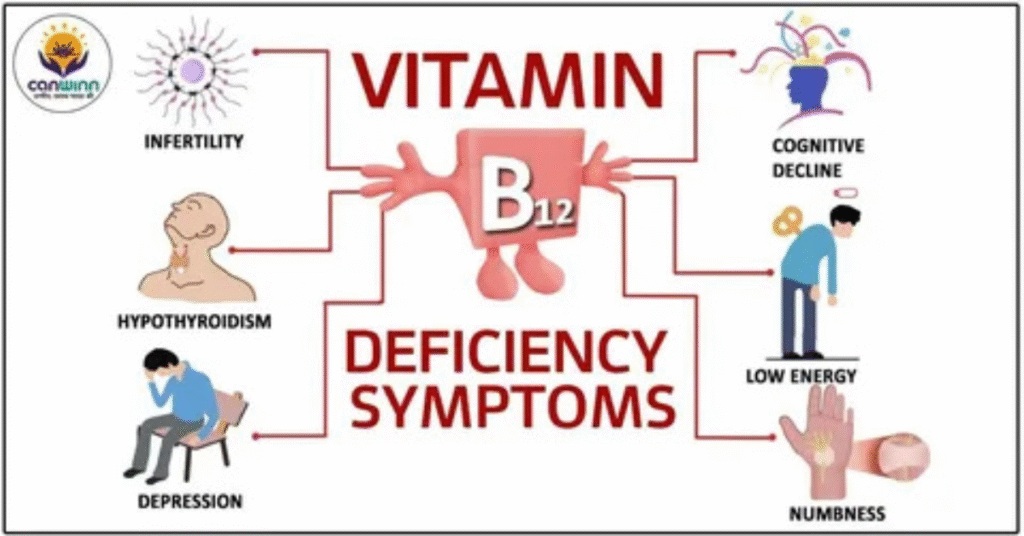
High vitamin B12 has many causes. In some people it is due to simple things like taking too many supplements. In others it can be a warning sign of more serious medical problems.
Common causes include:
- Liver disease such as hepatitis or cirrhosis.
- Kidney problems that reduce the body’s ability to filter blood.
- Blood cancers like leukemia or polycythemia vera.
- Autoimmune conditions that affect blood and organs.
- Overuse of supplements or injections.
Causes of High Vitamin B12
| Cause Type | Examples | Risk Level |
| Medical | Liver disease, kidney failure, leukemia | High |
| Supplement related | Excess pills or injections | Medium |
| Diet related | Rare, from very high animal food intake | Low |
Diagnosis and Testing

Doctors diagnose high vitamin B12 with a serum B12 blood test. If the level is above normal, they usually order more tests. These may include liver function tests, kidney function tests, complete blood count, and sometimes imaging scans.
The goal is to find out why the level is high. High B12 itself is not the main issue. The bigger concern is the hidden problem causing it. For example, liver damage may release stored B12 into the blood, making the levels look high. Without proper tests, the real reason may be missed.
YOU WILL LIKE:https://doctorambulance.com/what-does-race-stand-for-in-healthcare-understanding-fire-safety-in-hospitals/
Treatment Options for High Vitamin B12

There is no single pill or medicine that directly lowers vitamin B12 levels. Instead, doctors focus on treating the cause. If supplements are the reason, stopping them is enough. If liver or kidney disease is found, treating those conditions is the main step.
In blood disorders like leukemia, treatment may include chemotherapy or special medicines. In all cases, the main rule is manage the illness, and the B12 level will improve. Regular monitoring helps track progress and keeps levels under control.
Lifestyle and Dietary Management

Diet plays a small role in high B12 because food rarely causes very high levels. However, reducing extra supplements is often important. Many people take multivitamins without checking if they really need them.
Doctors often suggest stopping or lowering B12 pills, injections, or fortified drinks if they are unnecessary. A balanced diet with normal amounts of fish, meat, eggs, and dairy is usually safe. Self-treatment should be avoided because cutting B12 too much can also be dangerous.
When to See a Doctor

You should see a doctor if your blood test shows high vitamin B12 and you are not taking supplements. Even if you feel healthy, high levels can signal something hidden. Symptoms that may require urgent care include weight loss, fever, night sweats, unexplained fatigue, or yellow skin.
Doctors also recommend seeking medical advice if you have a family history of blood disorders, cancer, or liver problems. Ignoring abnormal blood results can delay treatment and worsen outcomes.
Possible Complications if Left Untreated

If high vitamin B12 is ignored, serious diseases may remain hidden for years. One major risk is blood cancer, which may only show through unusual blood tests. Another is liver failure, which may silently progress until it becomes life-threatening.
Risks of Ignoring High Vitamin B12
| Hidden Condition | Possible Outcome |
| Liver disease | Cirrhosis, liver cancer |
| Kidney failure | Toxin buildup, dialysis |
| Blood disorders | Leukemia, abnormal clotting |
| Autoimmune disease | Organ damage, chronic illness |
For these reasons, doctors stress that high B12 is a warning sign, not just a random result.
Prevention and Health Monitoring

Preventing high vitamin B12 is not always possible, especially when linked to diseases. However, you can reduce risks by using supplements wisely. Always check if you truly need extra B12 before taking it. Many people with a normal diet already get enough.
Regular blood tests also help. Elderly people, those with chronic illness, or people on long-term medication should have yearly checks. Healthy lifestyle habits like avoiding alcohol, eating balanced meals, and managing stress also lower the risk of organ damage that may affect vitamin B12 levels
Prevention Tips for High Vitamin B12
| Prevention Step | Benefit |
| Use supplements only if prescribed | Avoid excess levels |
| Do yearly blood tests | Detect hidden disease early |
| Eat balanced diet | Maintain safe B12 |
| Limit alcohol | Protect liver |
| Manage chronic illness | Lower complications |
Connection Between High Vitamin B12 and Liver Health
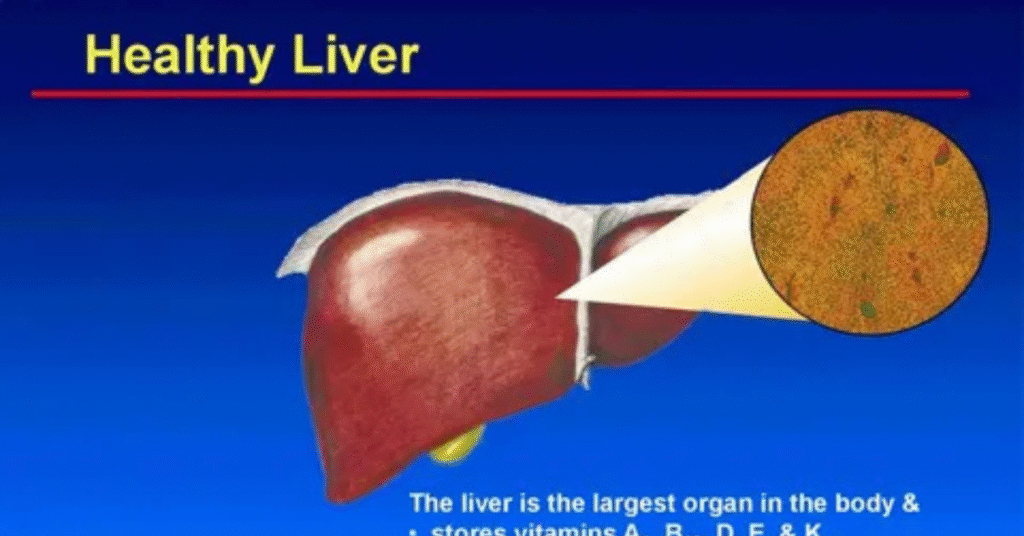
The liver stores large amounts of vitamin B12, so liver problems often cause abnormal results. When the liver is damaged, it releases stored B12 into the blood. This makes blood levels look very high even if you are not taking supplements.
Diseases like hepatitis, fatty liver, and cirrhosis are common reasons for elevated B12. In some cases, liver cancer may also be linked. That is why doctors usually order liver function tests when B12 levels are too high. Treating liver problems early can prevent serious health risks.
Kidney Function and Vitamin B12
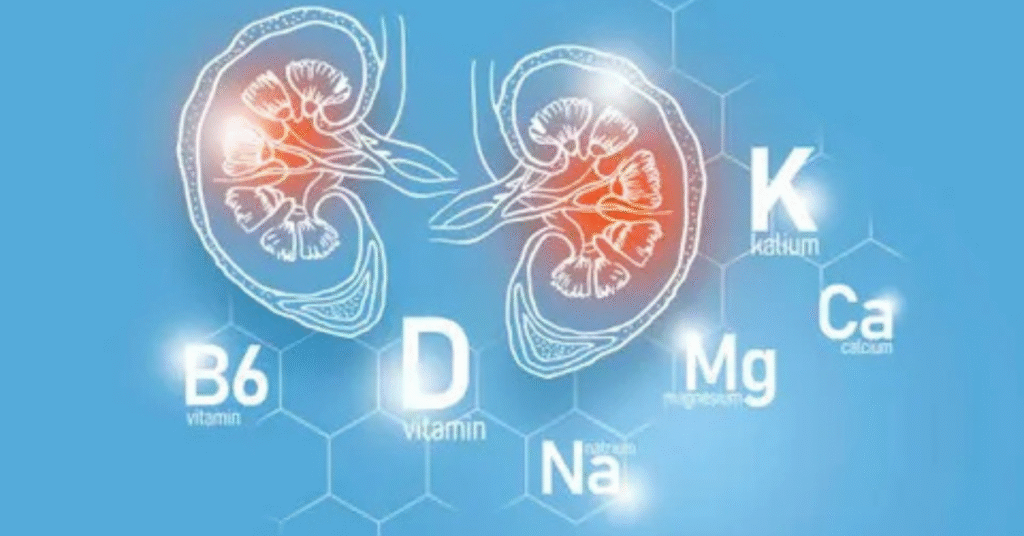
The kidneys help filter waste and maintain balance in the blood. If the kidneys are weak or damaged, vitamin B12 may build up in the blood. Chronic kidney disease is one of the common causes of unexplained high B12 levels.
Kidney patients often need special diets and regular blood checks. If high B12 is found, doctors may do more tests to check kidney health. Treating kidney problems through medicines, diet, or dialysis can bring the levels back toward normal.
High Vitamin B12 and Blood Disorders
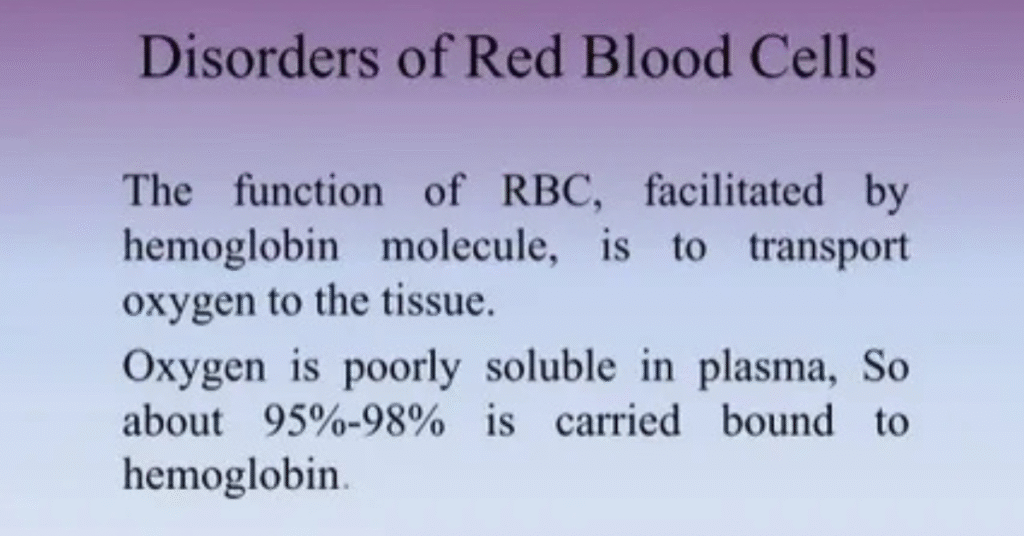
Blood cancers and other disorders can also cause high B12. Conditions like leukemia, polycythemia vera, and other myeloproliferative disorders often lead to abnormal test results. These illnesses increase the number of blood cells that carry B12, which pushes the level up.
People with blood disorders may notice fatigue, night sweats, bruising, or weight loss. If high B12 is seen along with these symptoms, doctors usually order bone marrow tests or complete blood counts. Early diagnosis of blood disorders is critical for treatment success.
Role of Supplements in High Vitamin B12
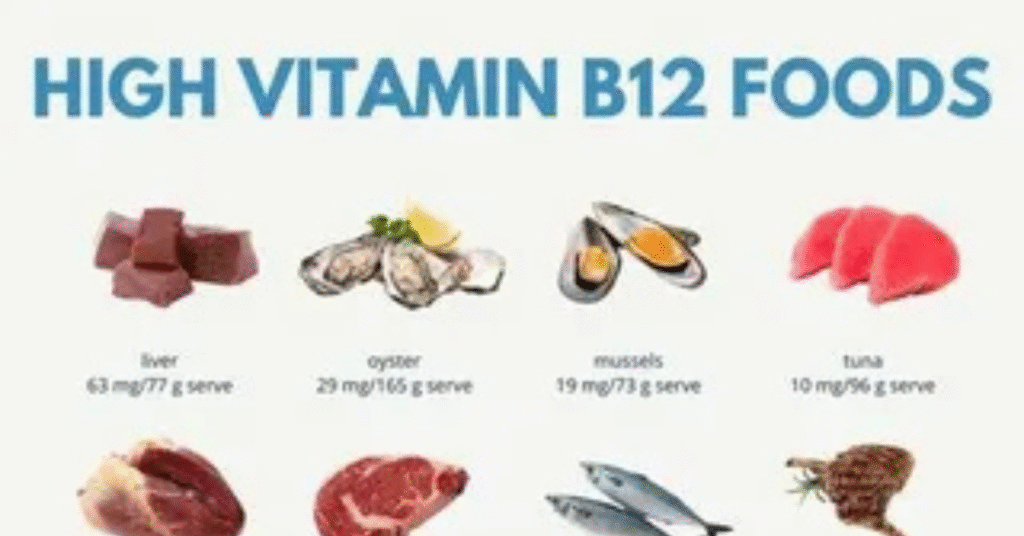
Supplements are one of the most common non-medical causes of high vitamin B12. Many people use pills, energy drinks, or injections without medical advice. Over time, this can push blood levels above the safe range.
If supplements are the reason, treatment is simple. Doctors may advise stopping or lowering the dose. It is always safer to use vitamins only when prescribed. Too much of any vitamin, including B12, can cause problems if ignored.
CHEAK: https://doctorambulance.com/what-does-a-healthcare-administrator-do/
Is High Vitamin B12 Always Bad?

Not every case of high vitamin B12 is dangerous. Sometimes, the level is only slightly above normal and linked to diet or mild supplement use. In such cases, doctors may just advise monitoring instead of heavy treatment.
However, when levels are very high or keep rising, it can be a warning sign of something serious. The safest step is always to check with a doctor, even if you feel healthy. High B12 is often a clue, not the disease itself.
Outlook and Long-Term Health

The outlook for people with high vitamin B12 depends on the cause. If it is due to supplements, stopping them usually fixes the problem quickly. If it is linked to organ disease or blood disorders, the outcome depends on early treatment.
Long-term health can be protected by regular testing, healthy habits, and following medical advice. High vitamin B12 should not be ignored, but with the right care, most people can manage the issue and stay healthy for years to come.
Conclusion
What Is the Treatment for High Vitamin B12? The truth is there is no direct treatment for high B12 itself. The key is to find the cause behind it. Doctors may stop supplements, treat liver or kidney problems, or manage blood disorders. High B12 is not always harmful, but it should never be ignored. With early testing and proper care, most people can stay healthy and prevent long-term damage.
FAQ”s
Can food alone cause high vitamin B12?
No, normal diets rarely cause very high B12 levels. Supplements or disease are more common reasons.
How long does it take to lower high B12?
It depends on the cause. If it is from supplements, levels may drop within weeks. If it is from disease, it takes longer.
Is high B12 always dangerous?
Not always. Sometimes it is harmless, but often it points to hidden health problems that need checking.
What symptoms can high B12 cause?
High B12 itself usually causes no symptoms, but the underlying disease may cause fatigue, weight loss, or pain.
Should I stop taking B12 on my own?
No, always consult a doctor first. Stopping suddenly may harm people who need it for deficiency treatment.